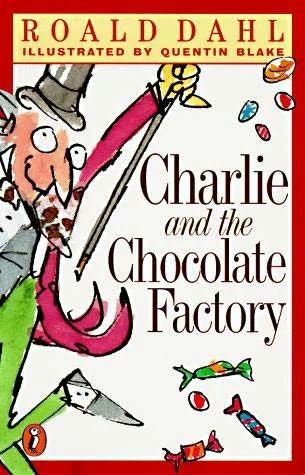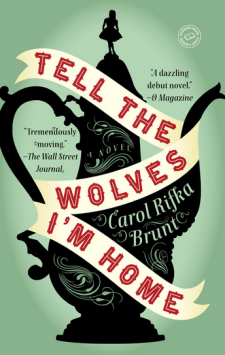 |
| Random House |
Matthew Pearl
2003
The Summary
"Boston, 1865. A series of murders, all of them inspired by scenes in Dante's Inferno. Only an elite group of America's first Dante scholars - Henry Wadsworth Longfellow, Oliver Wendell Holmes, James Russell Lowell, and J.T. Fields - can solve the mystery. With the police baffled, more lives endangered, and Dante's literary future at stake, the Dante Club must shed its sheltered literary existence and find the killer."
The Good
I was hooked by the premise of The Dante Club: a crazed killer haunting the streets of Boston, preying upon seemingly unrelated individuals, mimicking the horrible and grotesque tortures of Dante Alighieri's Inferno. It combines literature, history, mystery, drama and suspense. Matthew Pearl's novel has a little bit of everything, weaving together these different facets to create an intriguing and beguiling story.
Although I am a fan of Longfellow and I liked the literary characters that Pearl recruited, I have to say I liked Nicholas Rey the best. As a detective, Rey was critical to the novel. His side of the story, which ran parallel to the investigation prompted by the Dante Club, helps piece together clues to the puzzle, shows the actual police investigation (even if his police department isn't exactly the most reliable organization).
I also liked Rey because he was unceremoniously dismissed by his superiors, faced a level of adversity that the members of the Dante Club did not encounter and managed to perform his duties as an investigator. You see, Rey is an African-American, and he is the first African-American investigator in his precinct.
Unlike Longfellow, Holmes, or Fields, who can travel where they like and speak to who they wish, Rey is not given that luxury. His superiors often disregard or ignore him; his peers mock him; his city appears to see him as little more than a gimmick, a stab at diversity and equality that they don't honestly believe in. He's blocked at every turn by the color of his skin and the deeply entrenched racial prejudices of his era.
And yet he still manages to do his job.
Rey is one of the most driven, the most competent and intelligent (if not the most) character in Pearl's novel, and he is by far my favorite. Oh, you could argue Longfellow is a genius - and he is, like his colleagues - but Rey faces a level of adversity that the Dante Club does not and he still manages to piece together clues from a puzzle he doesn't readily understand. To put it simply, he's great and he should never be underestimated.
The Bad
Pearl is a graduate of Harvard University and, honestly, it shows. Don't get me wrong, I'm not criticizing his education. I respect his education and I respect the great lengths to which he went to create a novel of such historical and literary depth; rather, I'm remarking upon the fact that The Dante Club can get a bit dense. Verbose may be more accurate.
Pearl has created an exceptional novel, but he doesn't balance the depth and breadth of his research with ease of reading. Wading through The Dante Club takes some time for the simple fact that you might not always understand the material he brings into his work. If you don't have any prior knowledge of The Divine Comedy, if you don't know who Longfellow is or his importance in the literary field, then you might flounder a bit as you try to piece together the story.
It's a bit of a deterrent when you can't understand exactly what the characters are talking about.
The Ugly
The Dante Club is about a serial killer, first and foremost. It's about a man who creeps through Boston, who systematically attacks and butchers people according to the cantos of Dante's Inferno. It's a tale riddled with blood and gore as Longfellow and his colleagues, along with Nicholas Rey, attempt to uncover the identity of a depraved killer and stop him from murdering again.
Going into the novel, I expected carnage.
However, I will point out that I didn't expect Pearl's insight into the lives of individuals who survived the Civil War. I grasped the social and historical context of the novel, but I didn't realize the detail the author would put into his work. Pearl takes a long, hard look at the soldiers who survived the war and sheds unexpected light on the horrors that plagued the United States during this tumultuous time - and what he shows you isn't pretty.



